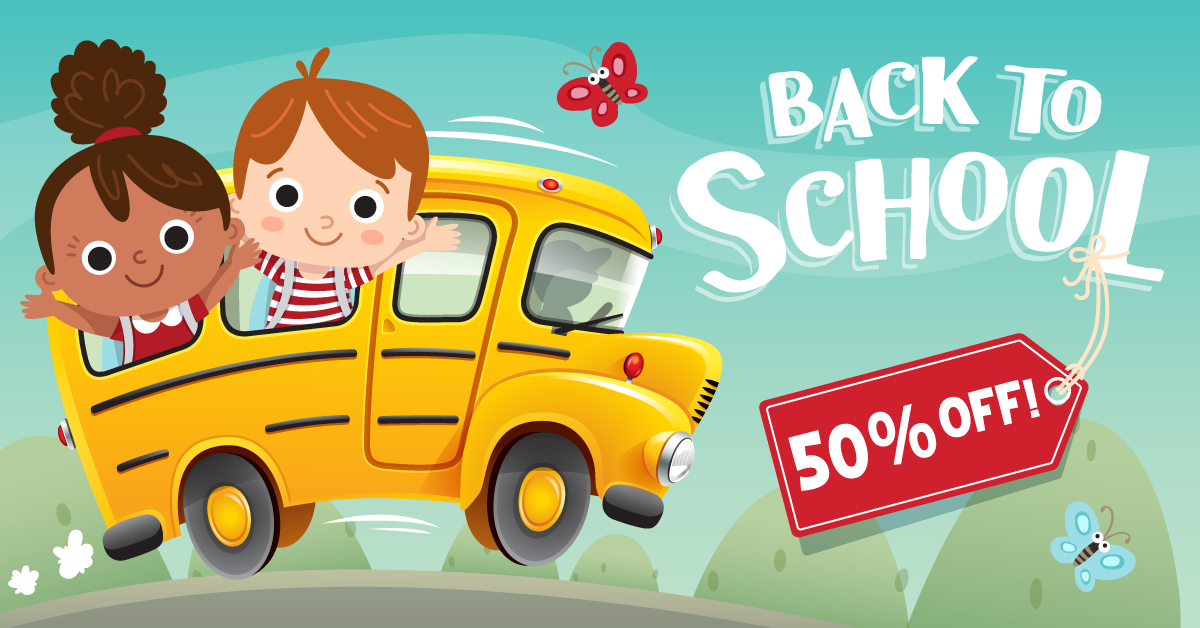Understanding comparisons Math Worksheets for Ages 3-6
5 filtered results
-
From - To
Discover our engaging "Understanding Comparisons Math Worksheets" designed specifically for children ages 3-6. These worksheets help young learners explore concepts of greater than, less than, and equal through colorful visuals and interactive exercises. Each activity is tailored to enhance critical thinking skills while making learning fun. Your child will gain confidence in comparing numbers, sizes, and quantities, laying the foundation for future math success. Perfect for homeschoolers or classroom use, our worksheets provide a variety of stimulating challenges that captivate young minds. Start building essential math skills today with our engaging and educational resources!
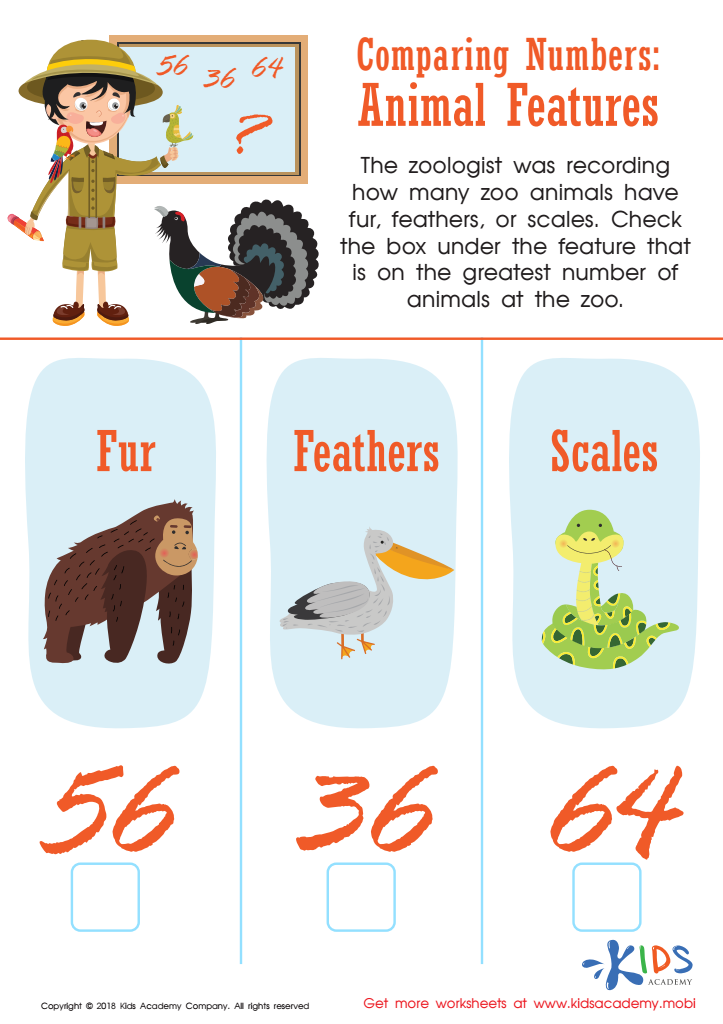

Animal Features Worksheet
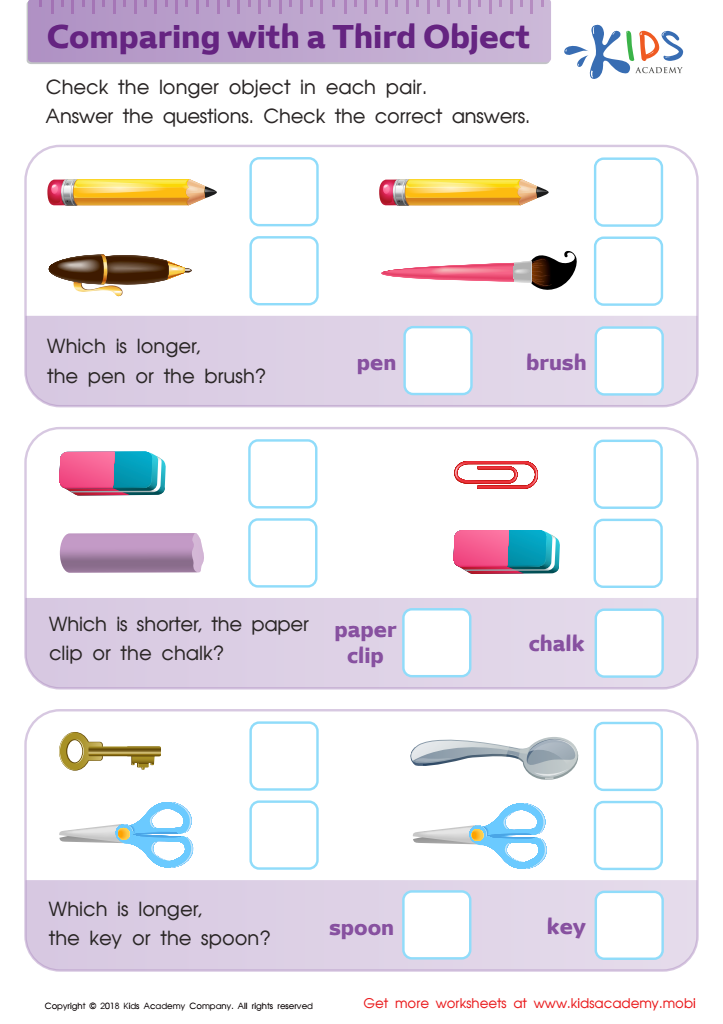

Comparing with a Third Object Worksheet
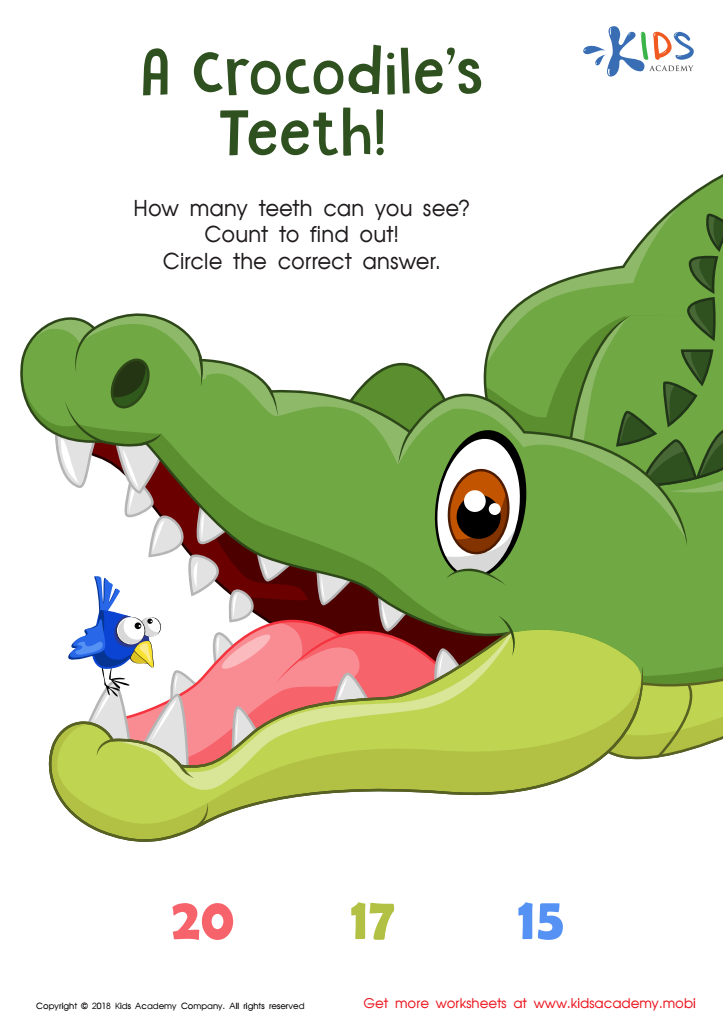

A Crocodile's Teeth Worksheet
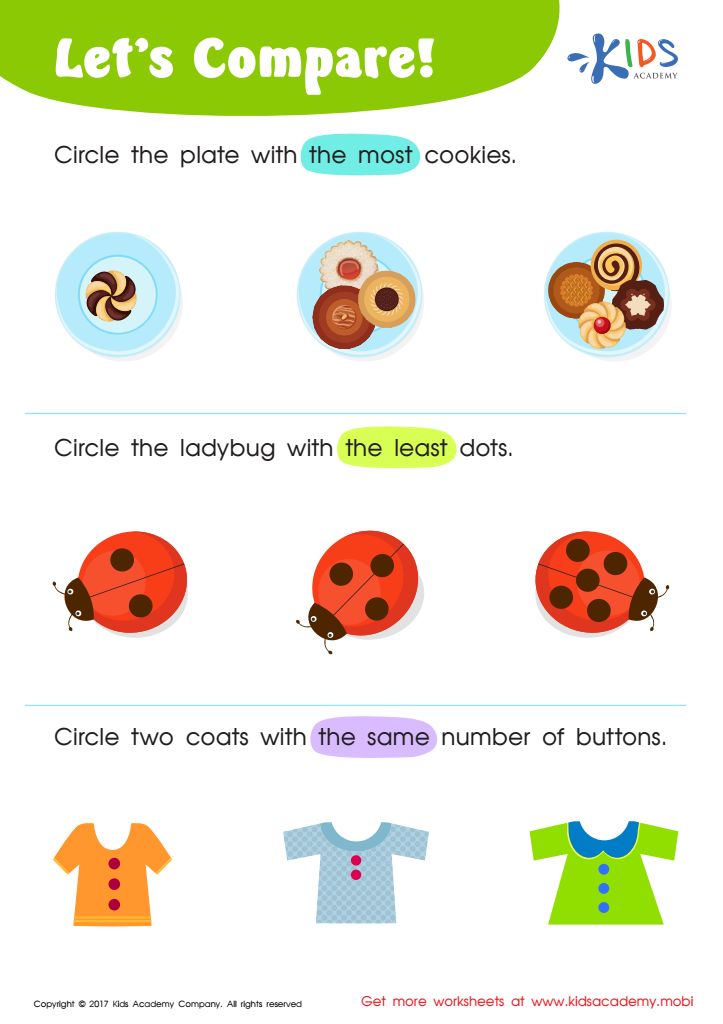

Matching: Classifying Toys by Size Worksheet
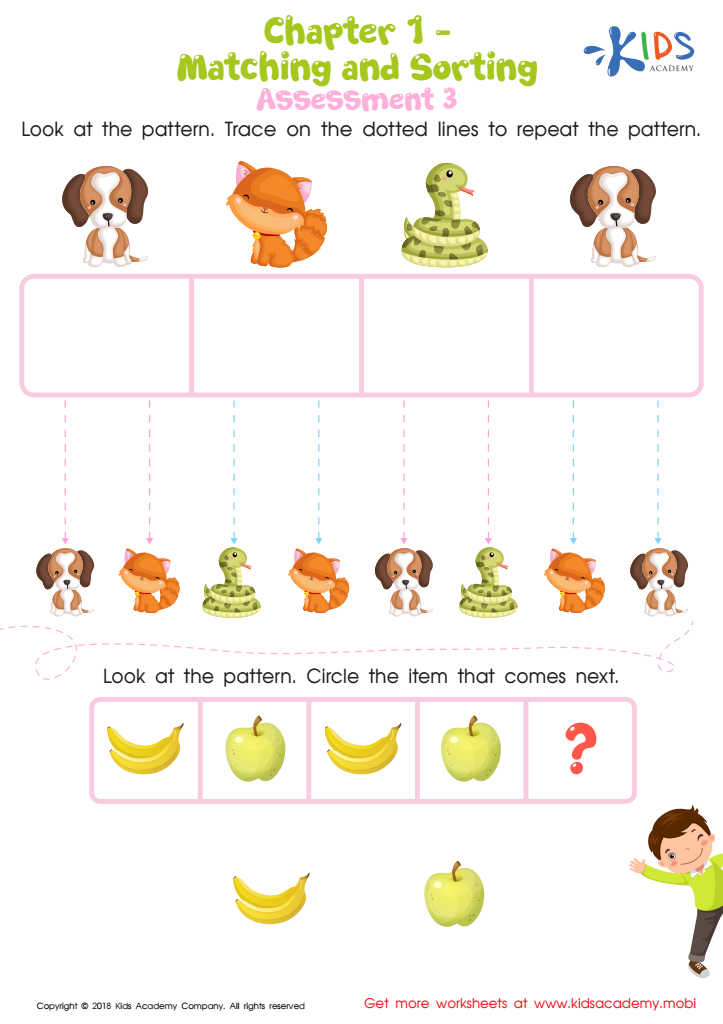

Matching and Sorting for Preschool: Assessment 3 Worksheet
Understanding comparisons in mathematics is crucial for children aged 3-6 as it serves as a foundational skill for their cognitive and academic development. At this early stage, children start to grasp concepts of more, less, equal, bigger, smaller, taller, and shorter, which helps them make sense of their world. When parents and teachers emphasize comparisons, they encourage critical thinking and problem-solving skills that are essential for future learning.
Moreover, these comparative concepts foster language development as children begin to articulate their observations and experiences. By engaging in conversations about comparisons, adults enhance children's vocabulary, thereby supporting both mathematical and linguistic growth.
Additionally, understanding comparisons lays the groundwork for future mathematical operations. Grasping these early concepts helps students progress to more complex ideas, such as addition and subtraction. It also nurtures an appreciation for sorting, categorizing, and ordering, skills that are essential in various problem-solving scenarios.
Ultimately, fostering an environment where comparisons are regularly utilized not only enriches children's academic journey but also empowers them with essential life skills, making it vital for parents and teachers to prioritize this learning. By supporting children's understanding of comparisons, they prepare them for a successful transition into more advanced mathematical thinking.

 Assign to My Students
Assign to My Students


